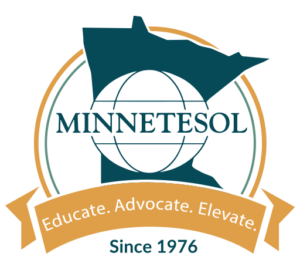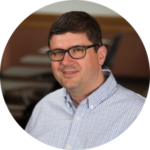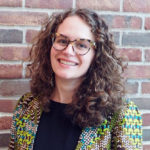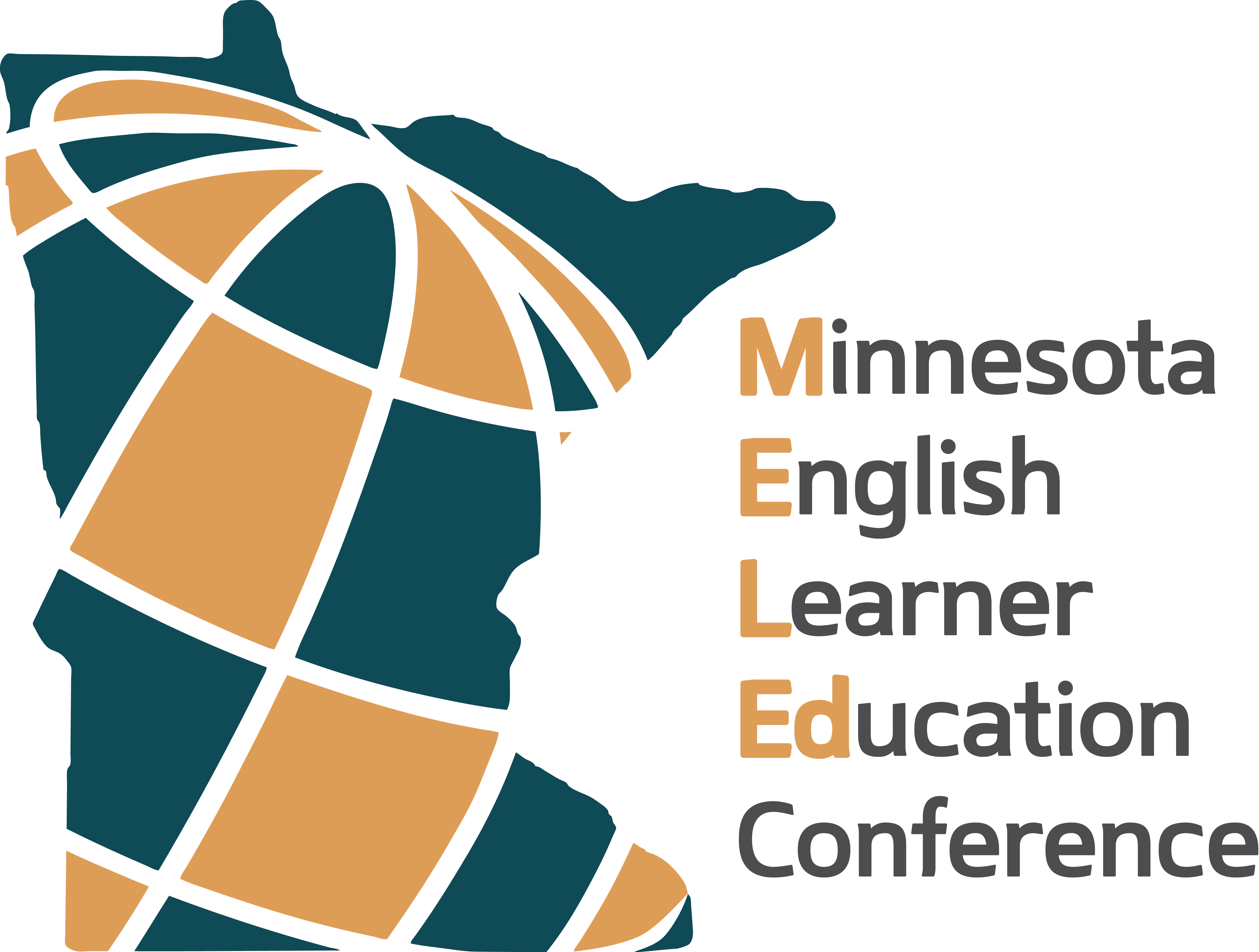The 2024 TESOL Advocacy Summit Report
The TESOL Advocacy Summit was a two-day event that took place on July 22-23 in Washington, DC, with several workshops held in the days leading up to the summit. The summit provided an exceptional platform to explore the complex legislative landscape impacting ESOL education and the academic experiences of immigrant and refugee students. Key issues such as Title III and DACA were thoroughly examined, shedding light on their significance in shaping the educational journey of English language learners.
The engagement with advocates from various parts of the United States brought forth a broad range of viewpoints and real-life experiences, significantly enriching our comprehension of how different states address ESL challenges and provide support to their students.
The professional workshops hosted by TESOL experts in policy-making and advocacy were particularly enlightening, offering valuable insights and educational opportunities. Witnessing the unwavering commitment of advocates from diverse cultural and professional backgrounds was incredibly inspiring, underscoring the collective importance of our efforts in advocating for ESOL students.
A notable segment of the summit was the opportunity to engage with legislators and effectively articulate the needs and concerns of our ESOL students and communities directly to the policymakers shaping crucial laws. This interaction was not only a rare privilege but also an immensely fulfilling experience, emphasizing the indispensable role of advocacy in shaping the future of education.

Highlights of the Summit:
- The summit workshops commenced on July 17th, preceding the event in the capital. On the 17th and 18th of July, we began with Zoom sessions, where we delved into various informative discussions on policies. The opening session featured Jeff Hutcheson, Director of Advocacy and Public Policy at TESOL International Association, followed by a presentation by Diego N. Sánchez, Director of Policy and Strategy at the Presidents’ Alliance on Higher Education and Immigration. Additionally, there were sessions presented by Beatriz Ceja-Williams from the U.S. Department of Education, Julie Sugarman from the Migration Policy Institute, and Roger Rosenthal, the Associate Director for K-12 Education Research, shedding light on the rights of immigrant and English learners in U.S. public schools. These sessions provided valuable insights, equipping advocates for the summit with a better understanding of current active legislations and those to advocate for in the future.
- On July 22nd, we convened at the TESOL office in Alexandria, Virginia. During the evening, we received valuable insights from a panel of educators and advocates who contributed to the passing of a bill in Maryland. This bill allows ESL college credits to count towards students’ majors and to be transferrable to four-year universities ( Maryland’s Credit for All Language Learning (CALL) Act). The session shed light on the possibility of implementing similar legislation in Minnesota to support ESL college students. Following the session, all ESOL advocates gathered for a dinner.
- On July 23rd, our day began early in the morning at the Hills, where we convened for our initial session before meeting with our state representatives and senators. The session commenced with a warm welcome from the director of advocacy and public policy at TESOL, followed by an address from Congressman Brian Fitzpatrick. Congressman Fitzpatrick discussed important legislations such as HR 4588 – Senator Paul Simon Study Abroad Act and HR 3605 – SYLLABLE Act, which supports funding to expand access to Dual Language Instruction for English learners. The remainder of the day was dedicated to our meetings with the representatives and senators. We met with staff members of both senators Amy Klobuchar and Tina Smith. We have also met with two house representatives (based on our zip code districts); these house representatives are Ilhan Omar (5th district) and Tom Emmers (6th district). I will outline our primary concerns and our advocacy points in the following.
- Of course, we advocated for Title I, II, and III. However, we advocated vigorously for Title III, which ensures that all English for Speakers of Other Languages (ESOL) students, including immigrant and refugee students, achieve English proficiency and meet state academic standards. We also advocated for HR 3607—Reaching English Learners Act. Through our advocacy, we called for increased hiring of ESOL teachers, greater funding, and support for ESOL teacher training programs to better prepare educators for the ESOL field.
- We were strong advocates for the Syllabus Act, which provides funding to enhance access to Dual Language Instruction for English learners. Our discussions have centered on the concept of translanguaging and the crucial support for students in maintaining their native language. This support can help in the creation of a multilingual society, ensuring that our multilingual students view their native languages as assets. By providing funding and support for the Syllabus Act, we can make this vision a reality.
- One of our top priorities was advocating for DACA to assist undocumented students. We requested increased funding and support for undocumented students to participate in study abroad programs and be eligible for federal financial aid.
- Our discussion with senators and the House of Representatives included the Teacher Quality Program in the Higher Education Act. Investing in this program will provide more professional development opportunities for ESOL teachers.
We are grateful for the opportunity provided by MinneTESOL to participate in the important summit and engage with legislators and congressional representatives. While there were numerous topics to address with the representatives, we believe that we effectively covered the most crucial topics and legislations, including HR 4588, HR 3605, and HR 3607. Our interactions with the congress members allowed us to effectively communicate the challenges faced in the ESOL field and advocate for the voice of our ESOL students. In addition to these discussions, the invited speakers and diverse workshops we attended were incredibly enlightening and beneficial. We encourage individuals knowledgeable in the field of ESOL and passionate about representing the voice of ESOL students to become advocates and speak up for those who are often unheard, particularly within legislative discussions and our education system.
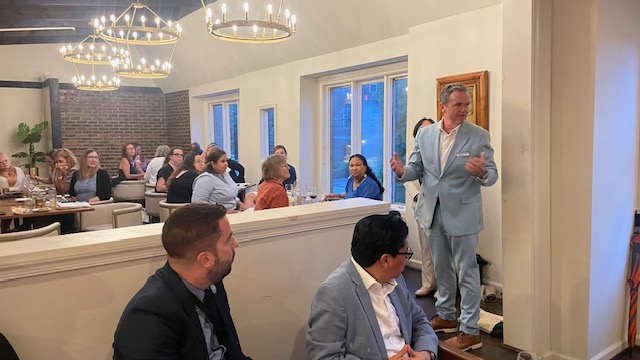
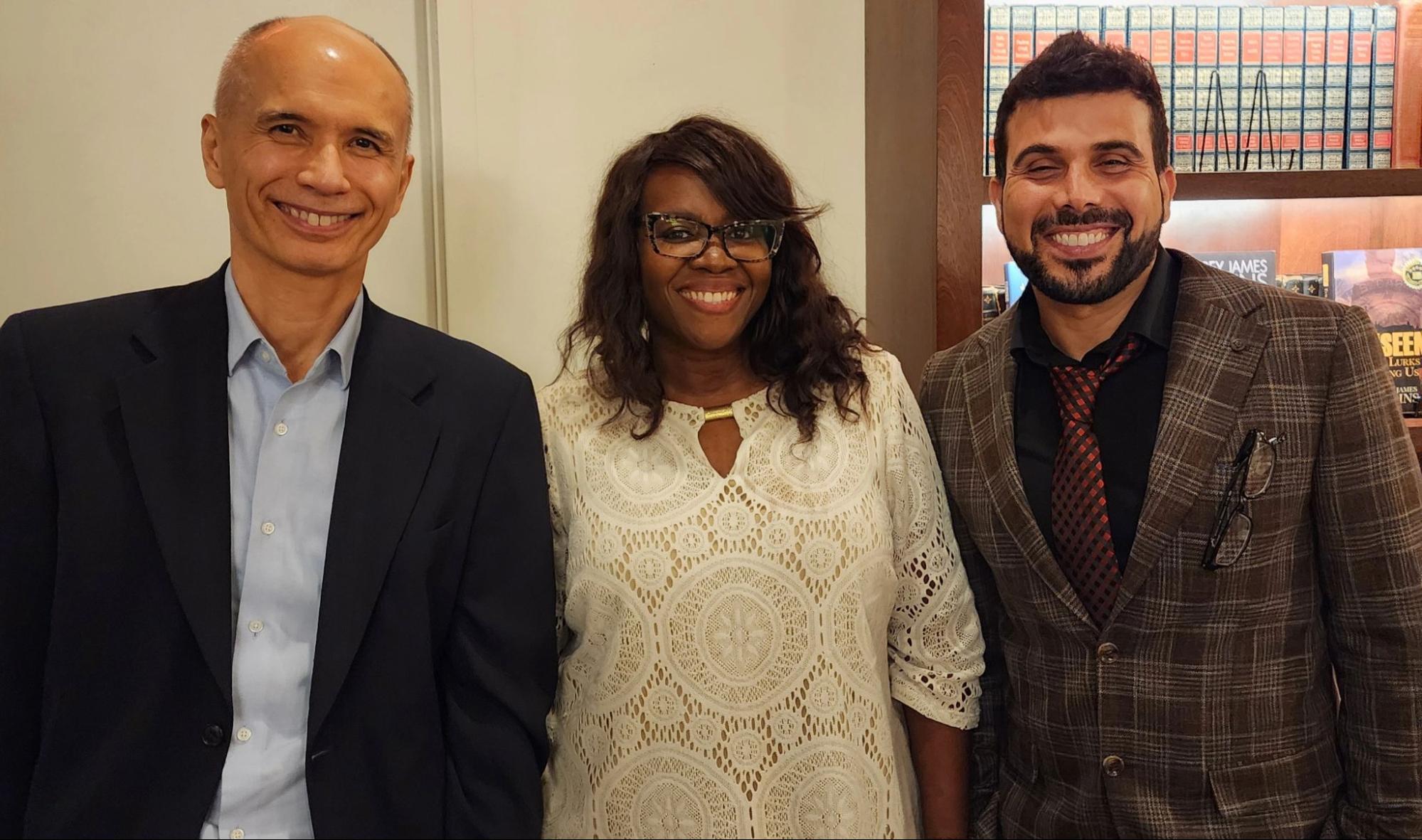
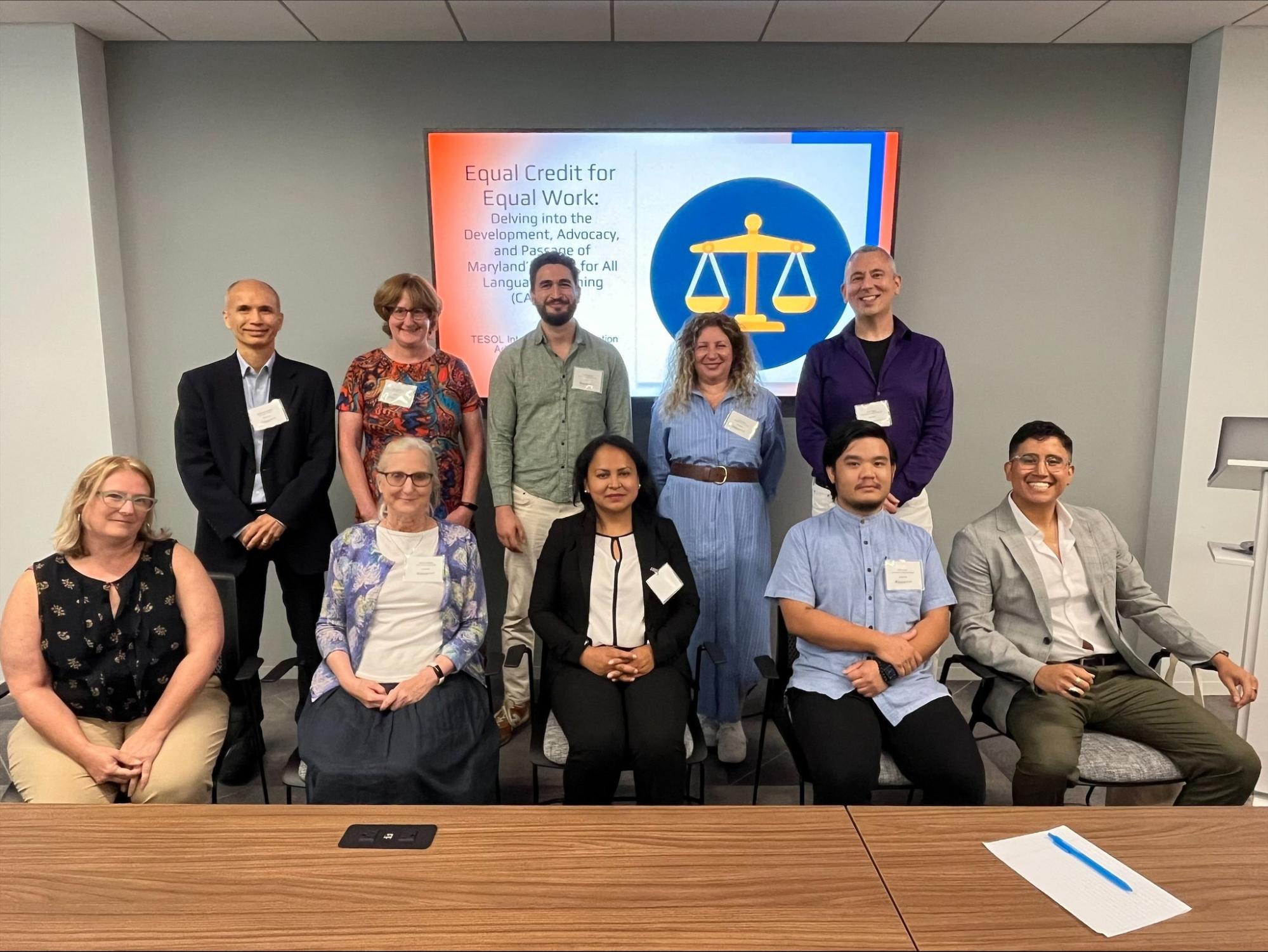
Events News
MELEd Conference News
The Minnesota English Learner Education (MELEd) Conference will be held November 21-23, 2024 at the Saint Paul Rivercentre MELEd is a partnership between MinneTESOL and the Minnesota Department of Education. It is a merger of the annual MinneTESOL Fall Conference and the Minnesota ESL, Bilingual, and Migrant Education Conference. Registration for this event will open very soon, along with information about our 2 amazing keynote speakers
Join MinneTESOL at the State Fair
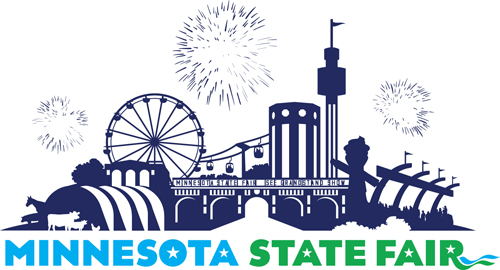 MinneTESOL will be at the Great Minnesota Get-Together! This Friday, August 30, volunteers from MinneTESOL will be in the Education Minnesota booth in the Education Building at the Minnesota State Fair. We will ask questions from the US Citizenship test and hand out swag to those who answer correctly.
MinneTESOL will be at the Great Minnesota Get-Together! This Friday, August 30, volunteers from MinneTESOL will be in the Education Minnesota booth in the Education Building at the Minnesota State Fair. We will ask questions from the US Citizenship test and hand out swag to those who answer correctly.
Check out the Latest Issue of MinneTESOL Journal!
Featured Articles
In “Expanding teacher understanding of scaffolding for multilingual learners: A video-based observation tool incorporating a language-based approach to content instruction,” Alissa Blair, Luciana C. de Oliveira, and Mary A. Avalos share a video-based teacher observation tool that incorporates the language-based approach to content instruction (LACI) six Cs of Support. They describe how the tool fosters reflection and expands teacher understanding about scaffolding for multilingual learners in general education classrooms.
In “All means all: Using policy to change practice in language development instruction for twice exceptional students,” Katherine McNulty and Laura Byard explain how one district built the foundation for collaborative systems to support multilingual learners with individual education programs. Their work includes examples from a teacher in the field.
MinneTESOL Journal call for papers
Now is your chance to publish an article in the upcoming MinneTESOL Journal, a practitioner academic online journal. See Writing for the MinneTESOL Journal for more information.
Journal submissions are accepted on a rolling basis.
 Getting to know MinneTESOL
Getting to know MinneTESOL
Name: David Atterberry
Position at MinneTESOL: College Interest Section Co-Chair
Education context: Minnesota English Language Program (University of Minnesota)
Why you got into ESL: I’ve always enjoyed getting to know students from different cultures, and I like the creativity and fun that are a part of language teaching. Originally I was also drawn to the field as a way to travel the world, and I’ve done that a little, but I also now appreciate the opportunity to welcome international students to Minnesota.
Current project: This fall I’m excited to be serving in a new role as interim director of MELP while the director Mike Anderson is serving as interim associate dean of undergraduate education in the College of Continuing and Professional Studies. I’ll definitely be busy, as I’m also a second-year PhD student in Comparative and International Development Education at the U. One of the MELP projects I’m most excited about this year is helping develop the Multilingual U initiative that my colleague LeeAnne Godfrey is leading. This initiative focuses on creating a linguistically inclusive and affirming campus that embraces linguistic diversity and multilingualism for all.
Did you know?
Past MinneTESOL newsletters can be found on our website, at http://minnetesol.org/minnetesol-newsletters
We want to hear from you
We are always looking for information to share from our members. Please send newsletter submissions to [email protected].
